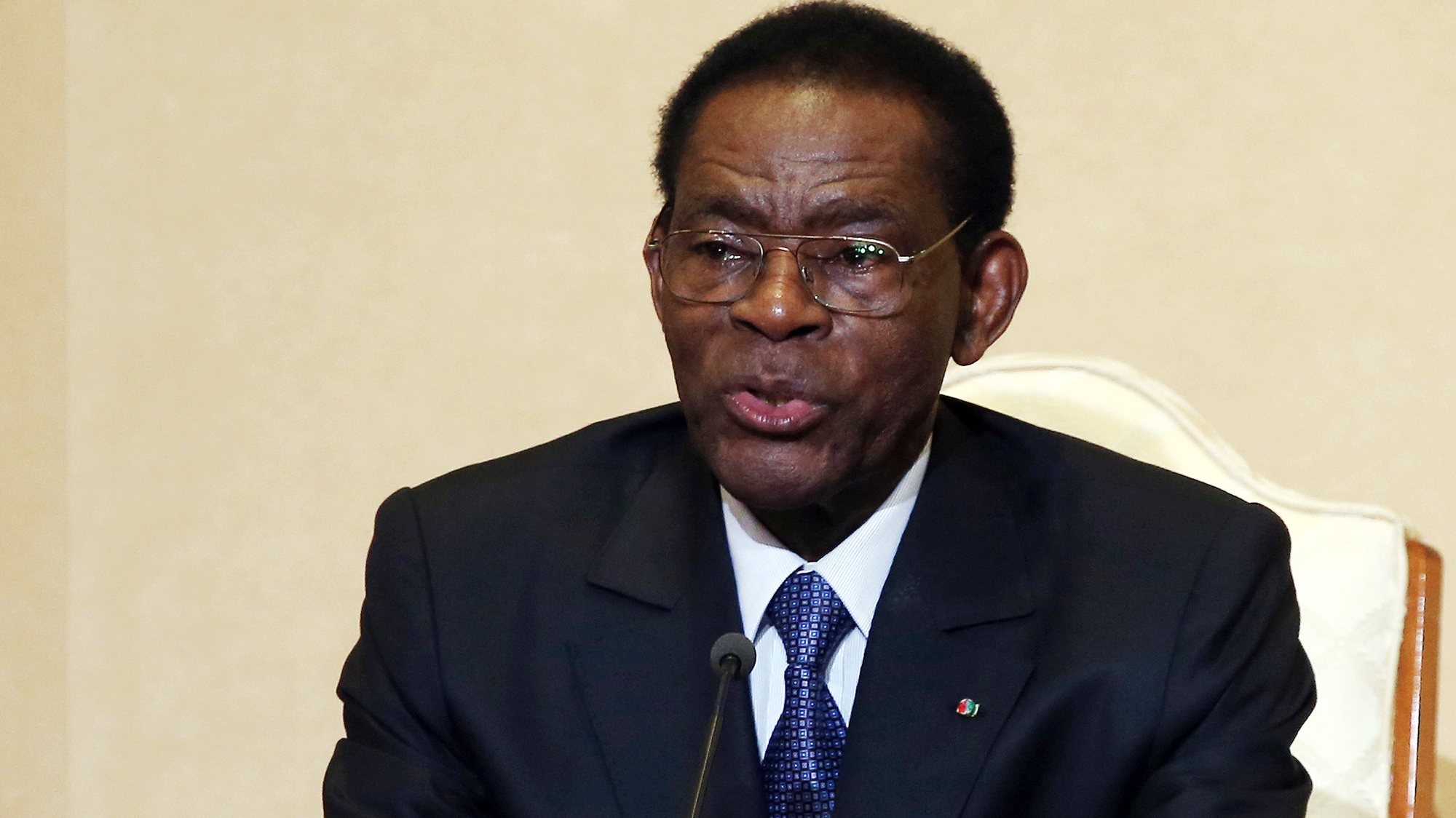Equatorial Guinea will hold presidential, parliamentary and municipal elections on November 20, according to a decree issued by President Teodoro Obiang, published this Wednesday by his party on Twitter.
“In the Republic of Equatorial Guinea presidential, Chamber of Deputies, Senate and municipal elections are called (…). The elections thus called will take place on Sunday, November 20, 2022”, says the decree signed this Monday by Obiang.
The text recalls that the presidential elections must be designated “during the first four months of the year 2023”, but they are brought forward to coincide with the legislative and municipal elections.
The head of state justifies the early elections due to “the current multifaceted global economic crisis”caused by the fall in fuel prices, Russia’s war against Ukraine, the Covid-19 pandemic and the explosions, on March 7, 2021, at a military barracks in the mainland city of Bata, which caused more than a hundred dead.
These circumstances, explains the decree, “It affected economic forecasts, distorted and annihilated the capacity of public finances to face four successive elections in a period of four months”.
The electoral campaign will begin on November 3 and end on November 18.
Obiang, 80, has not confirmed whether he will stand for presidential elections again, a doubt he had during the VII Ordinary National Congress of the governmental Democratic Party of Equatorial Guinea (PDGE), of which he is the founder, which took place in November from last year.
On that occasion, the President avoided specifying the name of the candidate for the elections, he also refused to speak of “succession” and said that there would be an “alternation”, as befits a democracy.
However, according to analysts, the race to succeed the long-term president is between two of his sonswho hold important positions in the government.
On the one hand, the Vice President and head of National Security, Teodoro Nguema Obiang Mangue —known as “Teodorín”— and, on the other, Gabriel Mbega Obiang Lima, Minister of Mines and Hydrocarbons (Equatorial Guinea is one of the main oil producers in Africa).
The last presidential elections were held in April 2016, when Obiang was re-elected with just over 95% of the vote.a result marred by accusations of fraud by opposition candidates and the international community.
Since its independence from Spain in 1968, Equatorial Guinea has been considered by human rights organizations as one of the most corrupt and repressive countries in the world, due to accusations of detention and torture of dissidents and allegations of repeated electoral fraud.
Equatorial Guinea, which has been part of the Community of Portuguese Language Countries (CPLP) since 2014, has 18 legalized political parties, although in practice there is no opposition that is an alternative to Obiang.
Obiang has ruled the country with an iron fist since 1979, when he overthrew his uncle, Francisco Macías, in a coup, making him the oldest president in the world.
Source: Observadora
